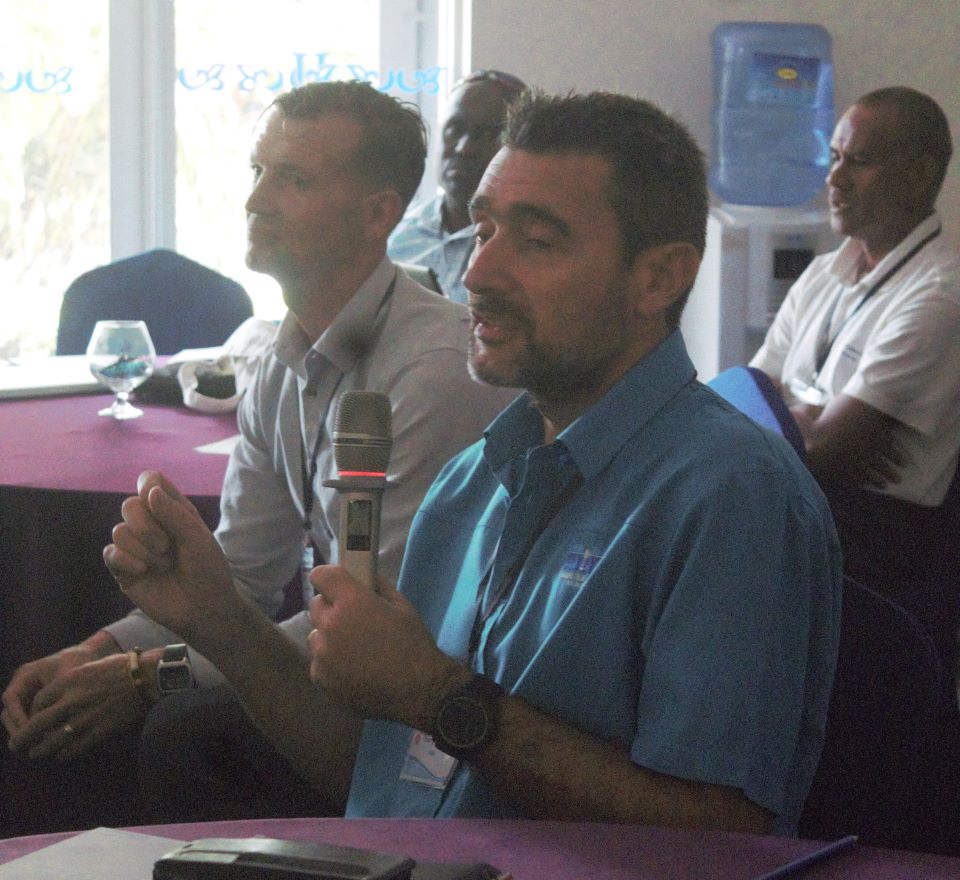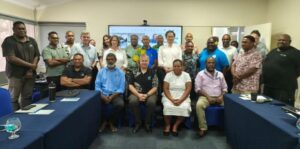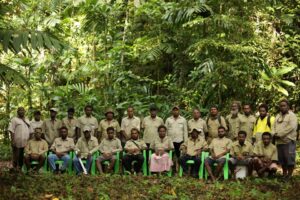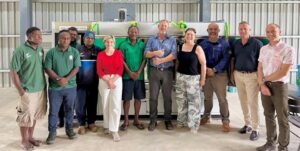BY CHRIS ALEX
DIRECTOR of the Solomon Islands Maritime Authority (SIMA), Thierry Nervale, addressed concerns regarding the country’s preparedness for marine pollution incidents.
In response to a question posed at the workshop on Strengthening Marine Pollution Incident Resilience in the Pacific this week at Heritage Park Hotel about the most recent marine pollution drill to test the spill response team, Nervale acknowledged that while internal exercises have been conducted, larger-scale physical drills involving all relevant agencies remain in the planning stages.
“We are conducting internal exercises through the Maritime Rescue Coordination Centre (MRCC), which allows us to respond immediately and engage the polluter,” Nervale explained. “However, what we need to progress further are the on-the-ground drills that involve our Marine Pollution Advisory Committee, as well as the National Disaster Management Office (NDMO) and the Environment and Conservation Division (ECD). A full physical exercise is still pending, but it’s in our plans.”
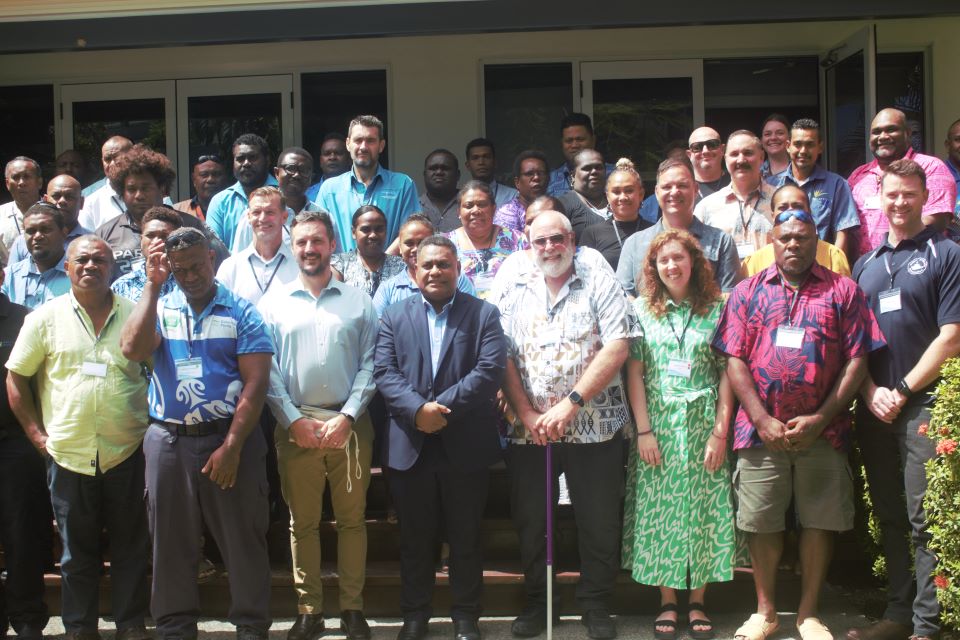
Nervale outlined the complexities surrounding the command structure in the event of a marine pollution incident. If pollution originates from a vessel at sea, SIMA takes the lead, with Nervale himself serving as the incident controller, coordinating with NDMO and ECD. However, if the pollution escalates to a disaster level, the National Disaster Council assumes responsibility, and the lead agency may change, depending on the source and location of the pollution.
“In cases where pollution is declared a disaster, the National Disaster Council will determine who the incident controller is,” Nervale said.
“If it’s from a vessel at sea, SIMA would likely still take the lead, but NDMO would manage coordination. If pollution originates from ashore and reaches the sea, NDMO would likely take the lead, with SIMA coordinating the response at sea.”
The workshop highlighted the need for clearer protocols and frequent drills to ensure all agencies involved in marine pollution response are fully prepared for any eventuality. The discussions also underscored the importance of strengthening collaboration between SIMA, NDMO, and ECD in addressing pollution incidents and maintaining marine resilience in the Pacific region.
The four-day workshop held from 8 to 11 October, which brought together key stakeholders, emphasized the need for greater coordination and regular drills to ensure rapid and effective responses to marine pollution.

